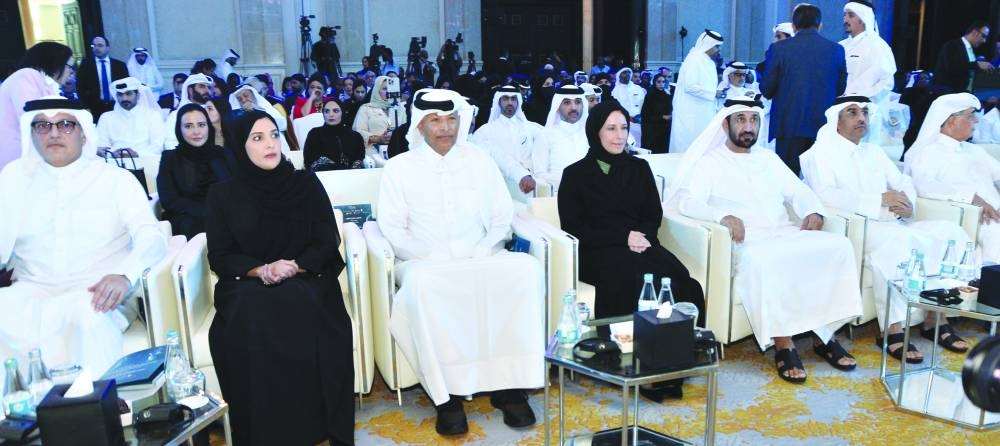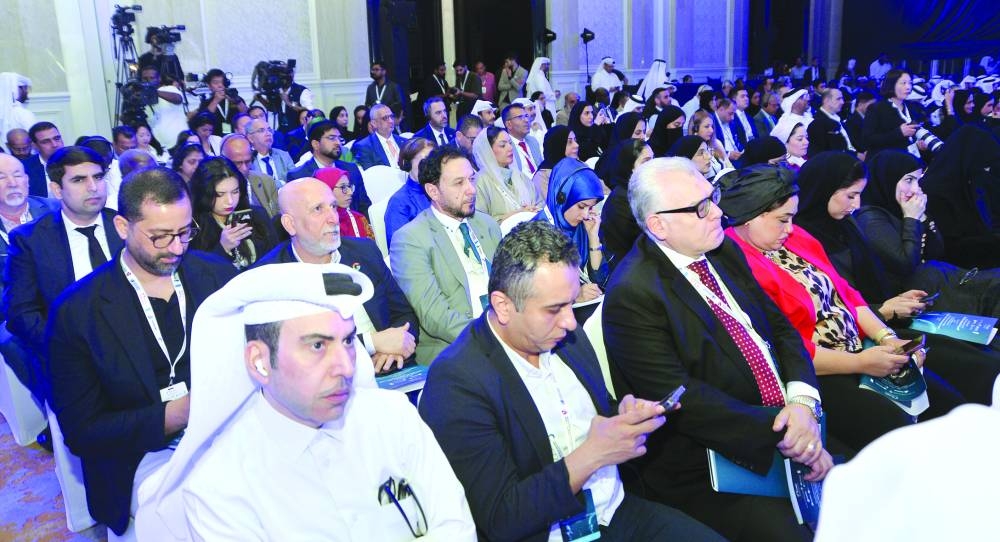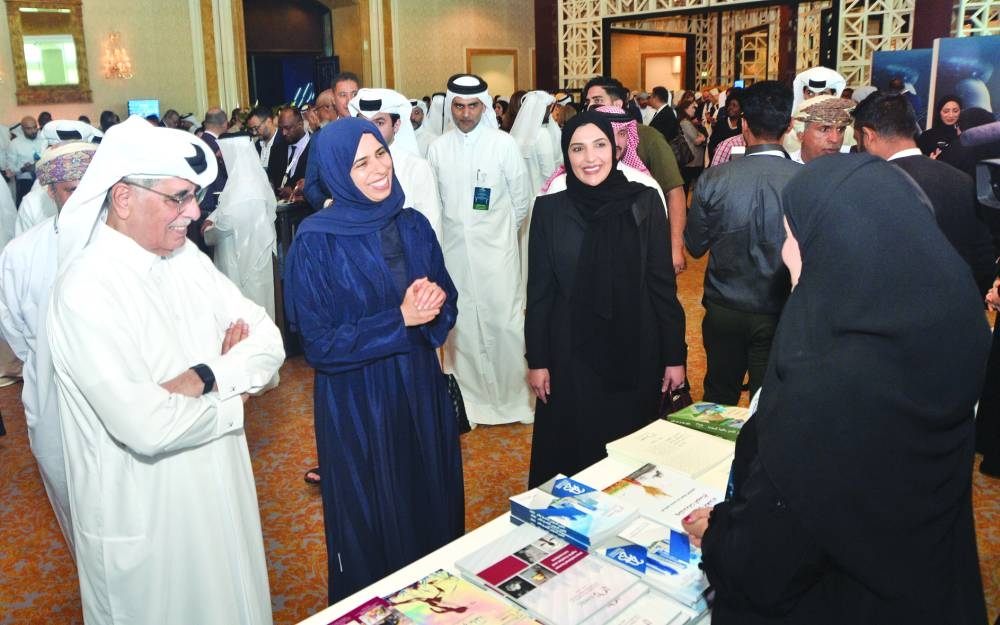Artificial Intelligence (AI) has become a transformative force reshaping lives and influencing decisions that directly impact human dignity, noted HE the Minister of Communications and Information Technology Mohammed bin Ali al-Mannai Tuesday.
Speaking at the international conference titled "Artificial Intelligence and Human Rights: Opportunities, Risks, and Visions for a Better Future" organised by the National Human Rights Committee (NHRC), al-Mannai said that artificial intelligence has evolved beyond being a tool for service enhancement and efficiency.
The minister highlighted that society has moved past mere fascination with AI's capabilities and must now confront essential questions about its real impact, questioning who will safeguard human rights when algorithms dictate decisions and how fairness, inclusivity, and accountability can be ensured for every individual. The minister also announced the launch of Qatar's Principles and Guidelines for Ethical AI Development and Use, a national reference promoting responsible AI innovation and safe applications.
NHRC chairperson HE Maryam bint Abdullah al-Attiyah in her address emphasised that choosing AI as the central topic of this conference reflects its growing significance and the necessity of deeply understanding its current and future implications. She noted that AI presents immense opportunities to enhance various human rights, including healthcare, education, access to information, freedom of expression, and personal security.
The opening ceremony of the conference was attended by the HE the Speaker of the Shura Council Hassan bin Abdullah al-Ghanim, HE the Minister of Social Development and Family Buthaina bint Ali al-Jabr al-Nuaimi, HE the Minister of Labour Dr Ali bin Saeed bin Smaikh al-Marri, HE the Minister of Education and Higher Education Lolwah bint Rashid bin Mohammed AlKhater, HE the Minister of State for Interior Affairs Sheikh Abdulaziz bin Faisal bin Mohammed al-Thani, and HE the Minister of State and President of Qatar National Library Dr Hamad bin Abdulaziz al-Kawari and a number of senior officials.
The NHRC chairperson also warned of the potential ethical risks, such as bias and discrimination, the widening digital divide, privacy violations, increased unemployment due to job losses, and the severe consequences of AI systems that pose direct threats to human life.
She empahsised that addressing these concerns requires a human rights-based approach to AI development, ensuring transparency, oversight, evaluation, accountability, and remedies in cases of AI-related human rights violations. She added that the conference aims to outline a roadmap for AI governance grounded in human rights, stating that NHRC remains committed to working alongside its partners to advance international frameworks, including the adoption of a binding global treaty regulating AI applications, ensuring the optimal balance between technological advancement and the protection of human dignity and rights.
The UN High Commissioner for Human Rights, Volker Turk addressed the conference via video, acknowledging AI's potential benefits in healthcare, development, and education, but warning of escalating threats to human rights and freedom.
The Global Alliance of National Human Rights Institutions president Amina Bouayach, the Arab Parliament president Mohammed Ahmed Mohammed al-Yamahi, Qatar's National Cyber Security Agency chairman Abdulrahman bin Ali al-Farahid al-Maliki, and UNDP's Arab States Regional Hub director Dr Mary Kawar also addressed the opening session of the conference.

Dignitaries at the opening session of the conference Tuesday. PICTURES: Shaji Kayamkulam

A section of the participants

HE Dr Hamad bin Abdulaziz al- Kawari, HE Lolwah bint Rashid bin Mohammed AlKhater and HE Maryam bint Abdullah al-Attiyah touring booths at the conference.
